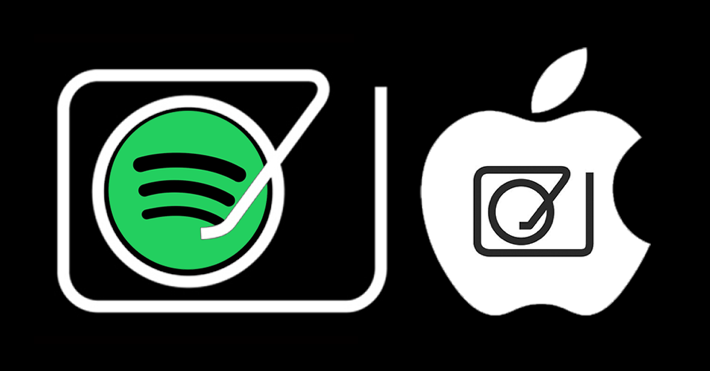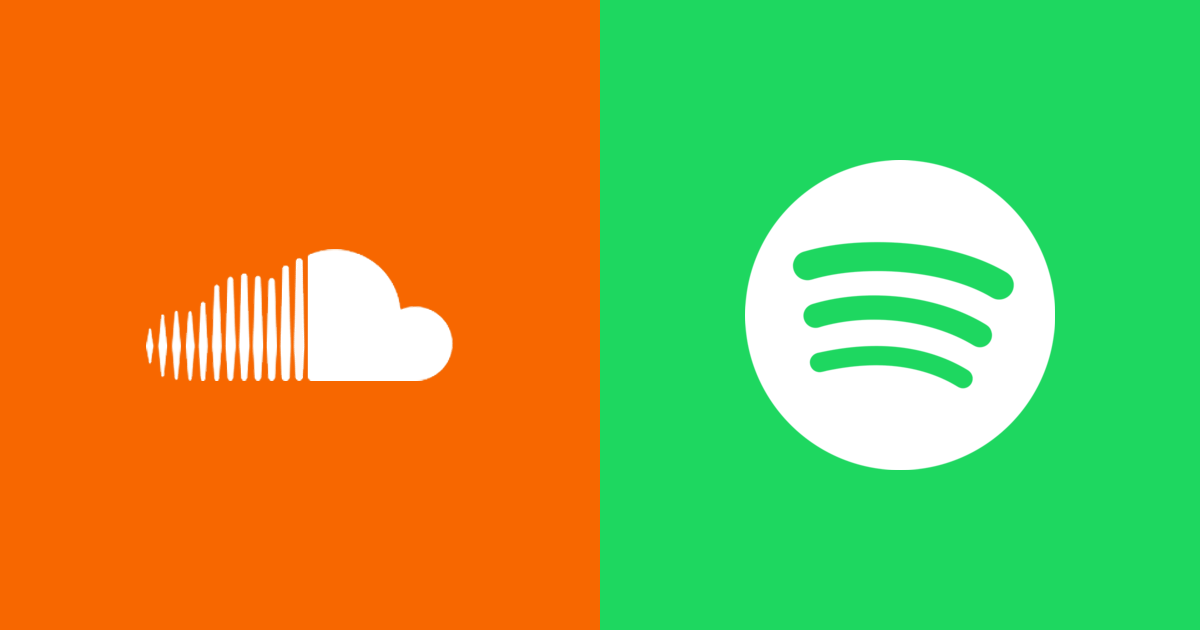The biggest differentiator to once exist between SoundCloud and all other popular music streaming sites was the website’s offering of unofficial, user-uploaded content that the major labels don’t release. But back in March and May of this year, Spotify and Apple Music broke deals with Dubset, a music rights management service. And as of this past Friday, Spotify started finally using this service and streaming original mixes. The first song to be released in this new, mixed originals format is DJ Jazzy Jeff’s recreation of Anderson .Paak’s “Room in Here.”
What does this addition mean to for musicians and the music streaming sites that support them? Dubset’s service is reassuring in its promise to piece apart the artists included in the production of a track. Dubset helps Apple and Spotify to navigate who is going to get the royalties (DJs, labels, and publishers) when something is being listened to. But what does this mean on a larger scale? How could this change the music industry? Or would it at all?
SoundCloud and Spotify and Apple Music offered a variety of services across the three platforms, but there were always some characteristics that were specific to each. SoundCloud offered song remixes, Spotify offered easy personalization, and Apple Music offered the artist-created radio stations and playlists (Beats Radio is regularly recognized as the savior of the music streaming site). Now that SoundCloud’s strength has been effectively removed from the site, its decline will be all the more swift. 700 million people listen to mixed content last year. It’s a huge market of people that SoundCloud is about to lose to the Spotify and Apple Music giants.
The economic effects of this change isn’t all that concerning. Dubset, as a service, guarantees proper payment to the appropriate parties. But what remains of concern is how the market will react. Will Apple Music and Spotify rise up as the almighty holders of streaming music? How will the market react? Will the wealth be spread or left alone to exist in these places-to-find-music places? The market will hopefully respond with something new. The market will provide more options new and upcoming artists to post onto. The market could develop something new. More money will be spread, but music streaming options will be more limited. And with more market share means a larger hold of one company on all of its customers. So the musicians and the listeners can listen to and endorse more artists — and that has always been a good thing.


